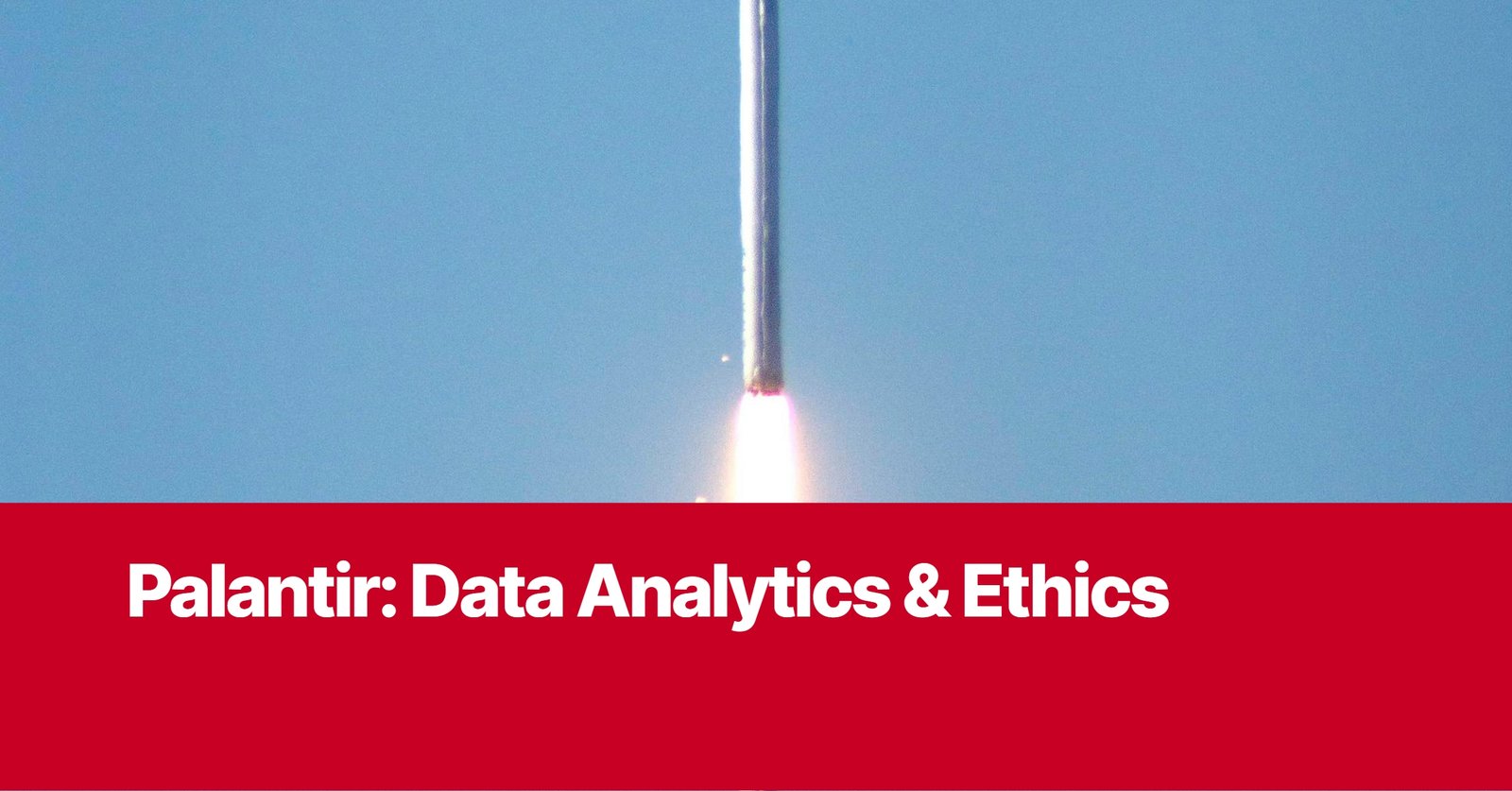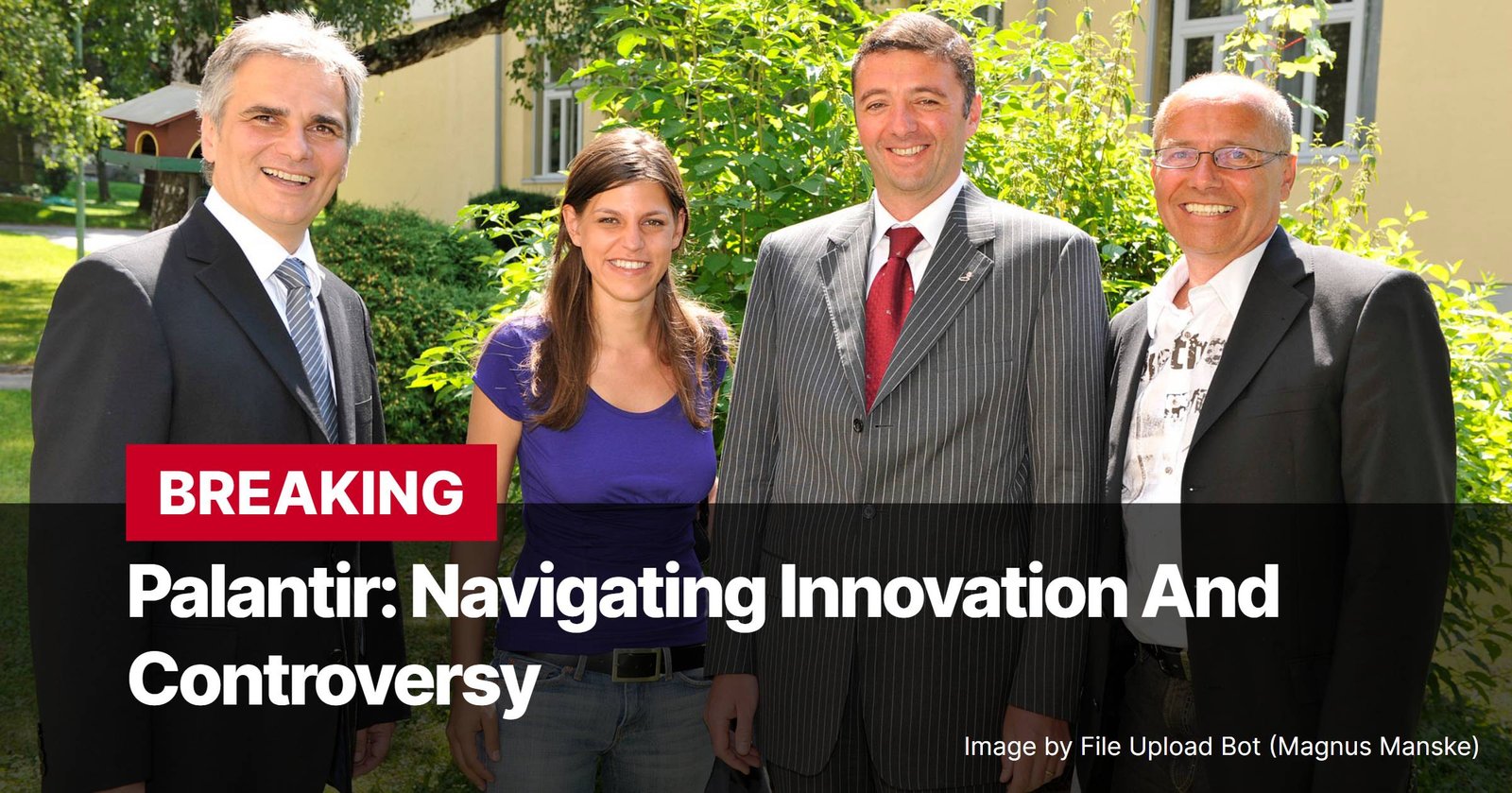Alex Karp, the co-founder and CEO of Palantir Technologies, is a figure who sparks both admiration and apprehension in the tech world. As the architect of a data analytics firm that has become deeply entangled with government agencies, Karp walks a tightrope between the allure of innovation and the anxieties surrounding its potential misuse. His outspoken pronouncements, coupled with Palantir’s work with organizations like the US military and ICE, have solidified his position as a polarizing figure.
Today, Karp’s name is making headlines for a variety of reasons, most notably the company’s recent foray into the S&P 500. This signifies Palantir’s growing prominence in the financial landscape, but also raises questions about the ethical implications of a company with such a close relationship with government surveillance.
Recent reports suggest that Palantir is expanding its reach into new markets, venturing beyond its traditional focus on defense and intelligence. The company is actively exploring opportunities in healthcare, finance, and even energy. This strategic shift, while potentially lucrative, further underscores the intricate relationship between Palantir’s innovative capabilities and the potential for misuse.
Karp’s own views on technology and societal issues add another layer of complexity to his public persona. He’s been vocal about his belief in a “superior” Western way of life and has expressed support for strong government oversight in tech. These stances, often couched in a framework of social responsibility, have drawn criticism from those who see them as an endorsement of authoritarianism.
The company’s controversial work with the US government, including its role in the development of predictive policing software and its involvement in the ongoing debate around immigration, has also attracted scrutiny. While Karp has defended Palantir’s actions, arguing that the company’s technology is meant to “defend the values of the West,” critics point to the potential for unintended consequences and the need for greater transparency in the company’s operations.
Despite the controversies, Karp remains a formidable figure in the tech industry. His vision for Palantir, a company built on the premise of harnessing data to solve complex problems, has attracted investors and collaborators alike. Whether he will ultimately be remembered as a visionary leader or a controversial figure remains to be seen, but his impact on the intersection of technology, government, and societal values is undeniable.
A Deeper Dive into Karp’s Background and Palantir’s Evolution:
While the recent focus on Palantir’s S&P 500 inclusion and expansion into new markets dominates current discourse, it’s important to delve deeper into Karp’s background and Palantir’s evolution. Karp, with his academic background in philosophy and law, has a keen understanding of the complexities of the world he navigates.
Palantir, originally envisioned as a tool for combating terrorism, has since expanded its reach into areas like healthcare and finance. Its success in these sectors, while impressive, has also fuelled anxieties about the potential for misuse. Karp’s own statements about the need for Western dominance in AI research, while controversial, underscore the inherent power dynamics at play.
The ethical implications of Palantir’s work remain a crucial point of discussion. Critics argue that the company’s technology could be used to further entrench existing power structures and exacerbate social inequalities. Supporters counter that Palantir’s tools can be used to improve decision-making and address pressing societal challenges.

As Palantir continues to grow, it is essential to have an open dialogue about the potential benefits and risks of its technology. Karp’s vision for a world shaped by data analytics may offer powerful solutions, but it also demands critical examination and a commitment to ethical principles. The future of Palantir, and its impact on the world, will depend on the choices made today by both Karp and the society he seeks to influence.



















